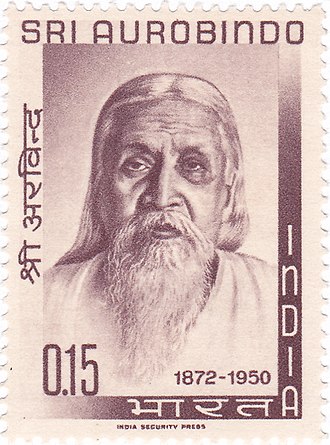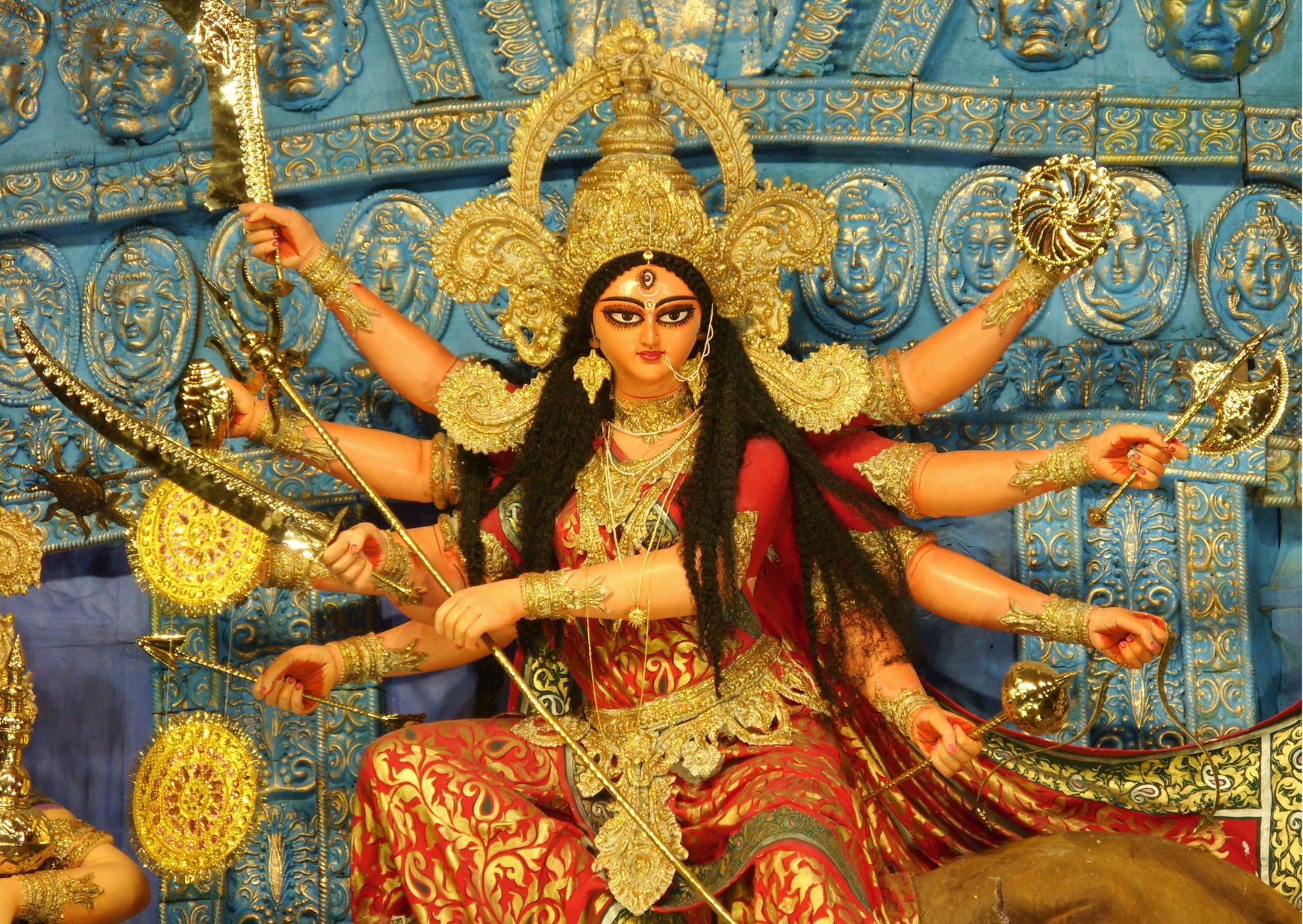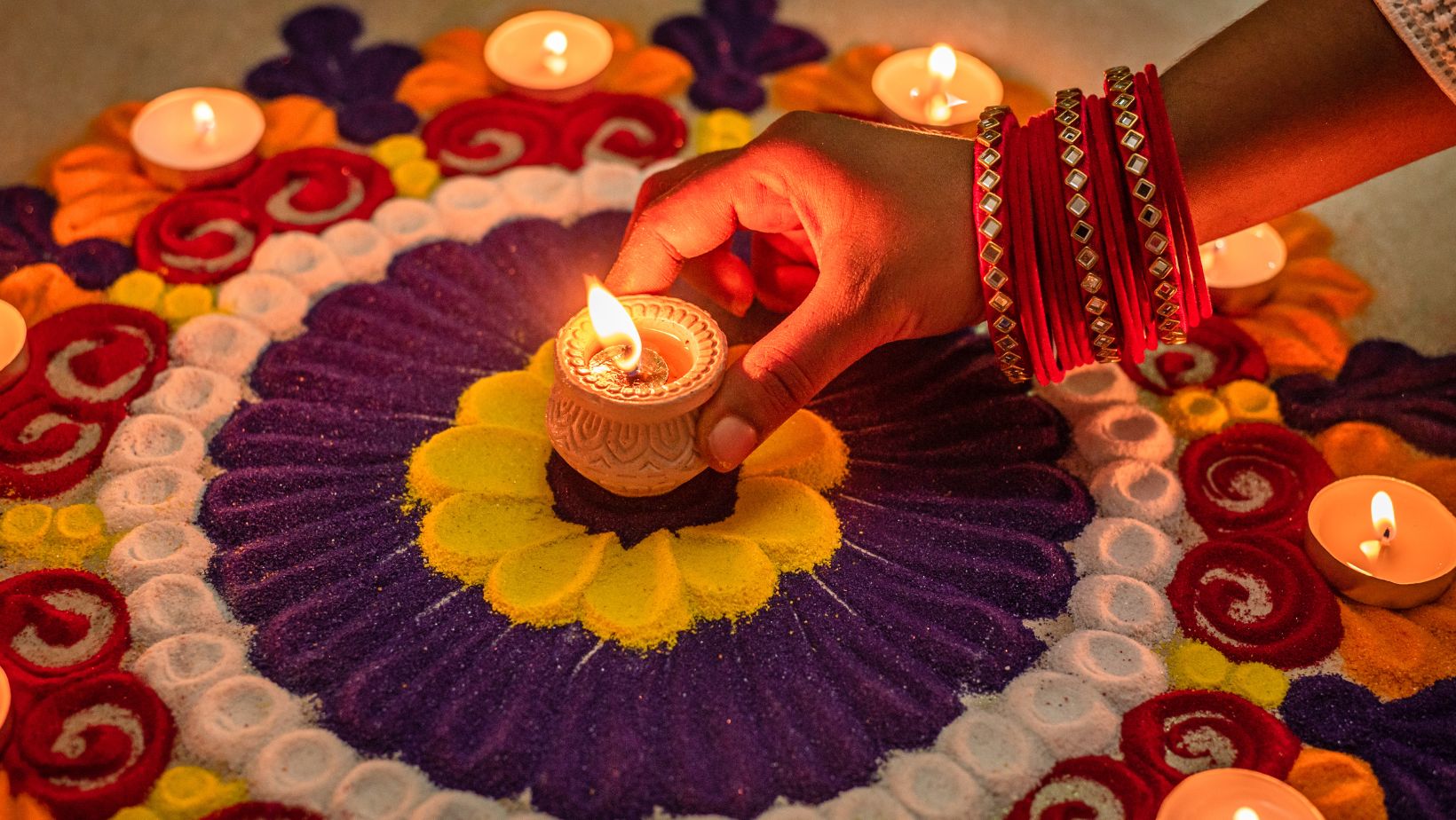Was Sanjay with Dhritarashtra when the war in Kurukshetra began?
Among the numerous sacred Hindu epics, only the Ramayana and the Mahabharata have been called 'itihas' (history) by our ancestors. Hence we refer to them as first sources.
cover image wiki commons
Was Sanjay with Dhritarashtra when the war in Kurukshetra began or was he at the battlefield, observing everything first-hand?
There has been a general understanding that Sanjaya was there with Dhritarashtra right from the beginning of the war in Kurukshetra and was reporting to him all the details about the war. But is that how it happened?
What do we know about the dialogue between Sanjay and Dhritarashtra?
Let us look at the information given in the Vyas Mahabharata with regard to the gift of divine vision to Sanjaya by Vyasadeva. There are many verses that shed light on the subject.
Verses 6,7 and 8 in the Ved Vyas Mahabharata, Bhishmaparva are as follows
When Vyasadeva offered a divine vision to Dhritarashtra so that he can see the developments on the battlefield directly[1], Dhritarashtra expressed his unwillingness to accept the boon.[2] Instead, he expressed, that he would love to hear about all that was happening on the battlefield.
Vyasadeva then offered the boon to Sanjaya.[3] He explained that with the boon, Sanjaya would not miss anything that happened on the battlefield, whether during the day or night. He would be able to hear the unspoken words and read the minds of others. No weapon would touch Sanjaya. He would not tire of moving in and through the battlefield continuously, and he would come out of the battlefield alive. No one would be able to kill him.[4]
Chapter fourteen of Bhishma Parva, Ved Vyas Mahabharata
The chapter begins with the words of Vaishampayana where he says that Sanjaya came back from the battlefield after Bhishma was put into the bed of arrows and reported about it to Dhritarashtra.[5]
The first verse of Gita
Also, we read in the first verse of the Gita Dhritarashtra asked Sanjaya ‘what did my children and the children of Pandu do?’.[6] Please note Dhritarashtra asked this using a past tense form, kim akurvata.
All the above make it crystal clear that Sanjaya was not with Dhritarashtra right from the beginning of the battle. In fact, he was at the battle field, observing everything first hand. He came back from the battle field to meet Dhritarashtra after Bhishma’s decline.
The Gift of the Divine Vision

Here is a beautiful quote from Sri Aurobindo on Sanjaya’s gift of divine vision:
“There is a power of subtle vision beyond the gross physical sense organ, in a subtle organ through which we can bring within our ken objects and knowledge inaccessible to the gross organs of sense can have vision of subtle things, can listen to subtle sounds, smell imperceptible smells, touch subtle physical objects, and have taste of subtle foods. The utmost development of subtle sight is what is called divine vision, through its power objects that are at a distance, secret objects or those belonging to another world come within the scope of our knowledge. We see no reason to disbelieve that the great sage Vyasa possessing supreme Yogic powers was capable of imparting this divine vision to Sanjaya. If we are not incredulous about the wonderful power of Western hypnosis, why should we be incredulous about the power of the great Vyasa with his incomparable knowledge? In every, page of history and in every activity of human life there is available ample evidence that a powerful man can impart his power to another. Heroic men of action like Napoleon and Ito prepared collaborators in their work by imparting their own power to fit recipients. Even a very ordinary Yogin having obtained some special power can impart his power to another for a little while or for a special purpose, what to speak of the great Vyasa who was the world's most accomplished genius and a man of extraordinary Yogic realisation.” (Sri Aurobindo, Bengali writings)
[1] यदि चेच्छसि संग्रामं द्रुष्टुमेनं विशांपते ।
चक्षुर्ददानि ते पुत्र युद्धमेतन्निशामय ॥ (Mahabharata, Bhishmaparva, Chapter 2, verse 6)
[2] न रोचये ज्ञातिवधं द्रष्टुं ब्रह्मर्षिसत्तम।
युद्धमेतत्त्वशेषेण श्रृणुयां तव तेजसा ॥ (Mahabharata, Bhishmaparva, Chapter 2, verse 7)
[3] तस्मिन्ननिच्छति द्रष्टुं संग्रामं श्रोतुमिच्छति ।
वराणामीश्वरो व्यासः संजयाय वरं ददौ ॥ (Mahabharata, Bhishmaparva, Chapter 2, verse 8)
[4] एष ते संजयो राजन्युद्धमेतद्वदिष्यति ।
एतस्य सर्वं संग्रामे न परोक्षं भविष्यति ॥
चक्षुषा संजयो राजन्दिव्येनैव समन्वितः ।
कथयिष्यति ते युद्धं सर्वज्ञश्च भविष्यति ॥
प्रकाशं वाऽप्रकाशं वा दिवा वा यदि वा निशि ।
मनसा चिन्तितमपि सर्वं वेत्स्यति संजयः ॥
नैनं शस्त्राणि भेत्स्यन्ति नैनं बाधिष्यते श्रमः ।
गावल्गणिरयं जीवन्युद्धादस्माद्विमोक्ष्यते ॥
अहं तु कीर्तिमेतेषां कुरूणां भरतर्षभ ।
पाण्डवानां च सर्वेषां प्रथयिष्यामि मा शुचः ॥ (Mahabharata, Bhishmaparva, Chapter 2, verses 9-13)
[5] कथं कुरूणामृषभो हतो भीष्मः शिखण्डिना ।
कथं रथात्स न्यपतत्पिता मे वासवोपमः ॥
कथमाचक्ष्व मे योधा हीना भीष्मेण संजय ।
बलिना देवकल्पेन गुर्वर्थे ब्रह्मचारिणा ॥
तस्मिन्हते महाप्राज्ञे महेष्वासे महाबले ।
महासत्वे नरव्याघ्रे किमु आसीन्मनस्तव ॥ (Mahabharata, Bhishmaparva, Chapter 14, verses 1-3)
[6] धर्मक्षेत्रे कुरुक्षेत्रे समवेता युयुत्सवः ।
मामकाः पाण्डवाश्चैव किमकुर्वत सञ्जय ॥ (Srimadbhagavadgita, 1.1)

.jpg)

